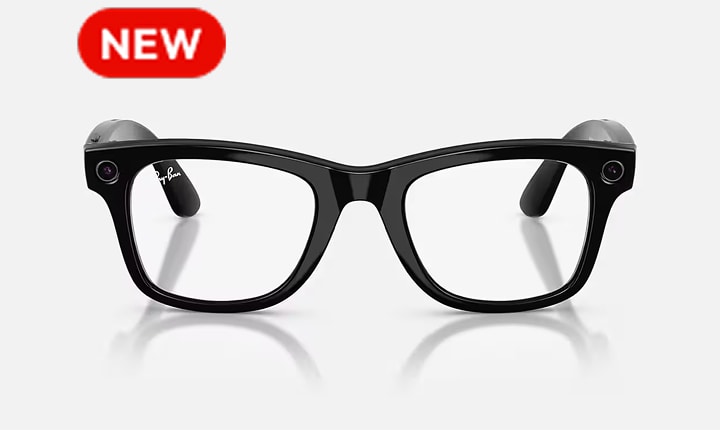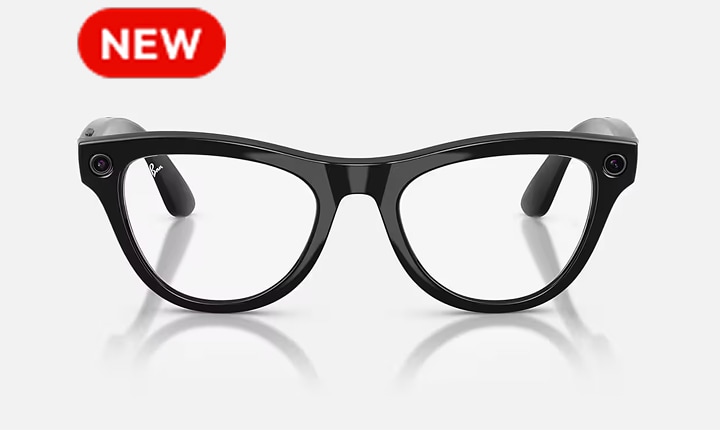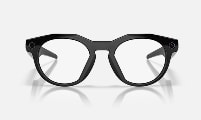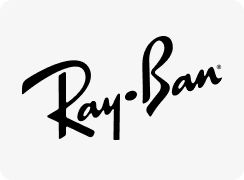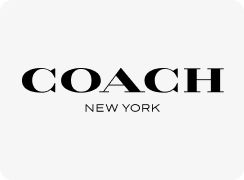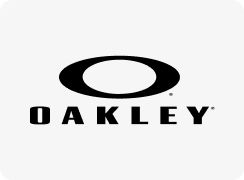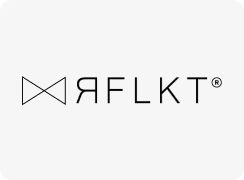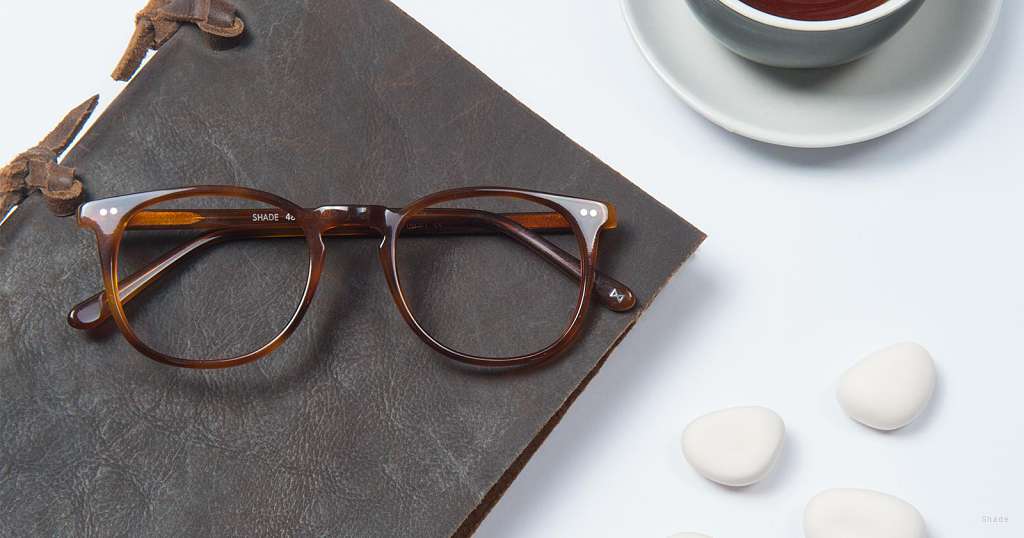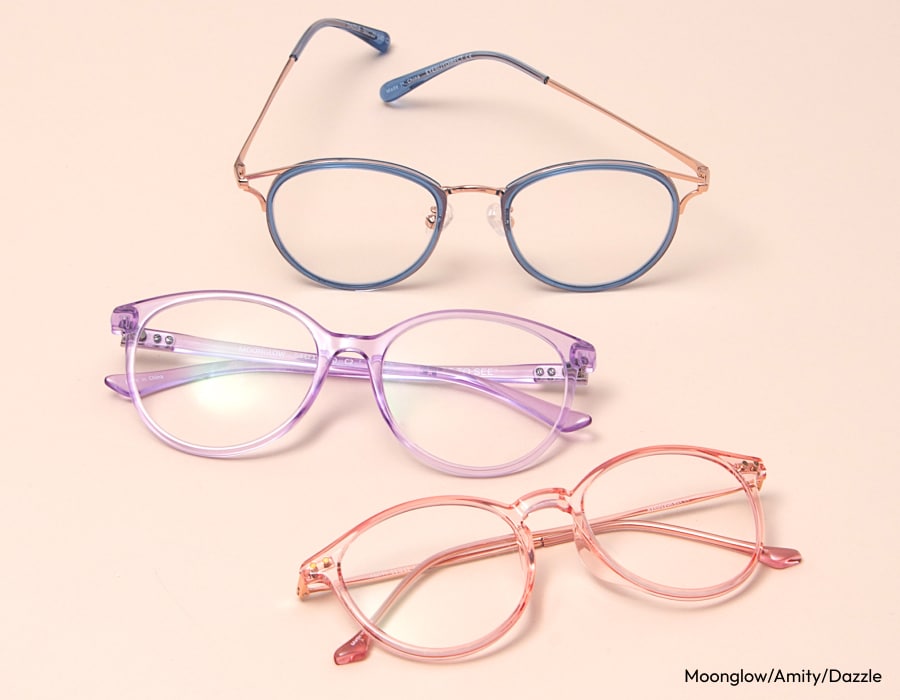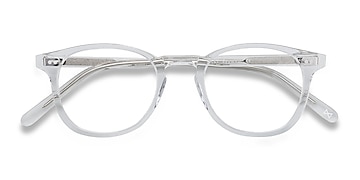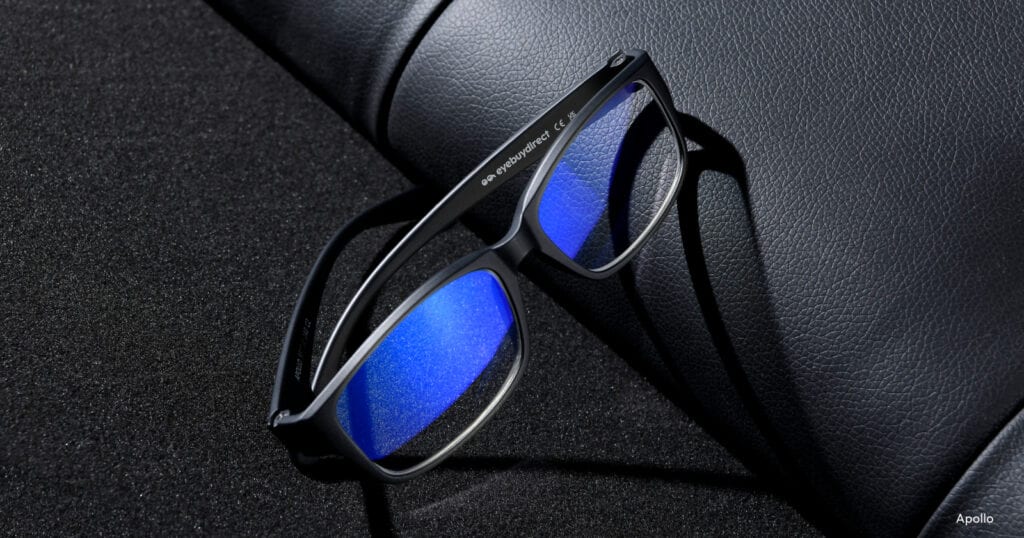When picking between contact lenses and glasses, cost is often a key factor. While both offer unique benefits, understanding their expenses can guide your decision. This article covers the costs of glasses and contact lenses, including initial purchase and upkeep.

Introduction to Eyewear Costs
Deciding whether to wear contacts or glasses involves more than comfort and style. Your budget is also an important factor. Glasses may seem like a one-time expense, while contacts offer flexibility and comfort that can make the ongoing costs feel reasonable. We’ll compare the costs to help you find the option that suits your budget.
Upfront Costs of Contact Lenses vs. Glasses
Choosing between contact lenses and glasses means looking at the starting costs. Here’s a basic breakdown of expected upfront expenses for each. While both options require an initial investment, glasses are usually a one-time purchase, and contacts may start with slightly higher early costs.
Contact Lenses
Contact lenses entail several initial expenses. To start, there’s a fitting fee to ensure proper fit, which varies based on your optometrist and prescription requirements. The lenses come in diverse price ranges depending on type and brand. Daily disposable lenses might range from $50 to $75 monthly, whereas monthly reusable lenses might cost $30 to $50 monthly. Specialty lenses, such as colored ones, can further elevate costs.
Glasses
Glasses incur different upfront costs. Their price is influenced by frame design and lens technology. While designer frames can be costly, more affordable alternatives exist. Online purchases typically average $111, compared to $215 for in-store purchases.
Complex prescriptions, like multifocal lenses, can also increase costs. However, glasses are more durable and necessitate less frequent replacement, making them more economical over time.
For detailed eyewear options, Eyebuydirect offers an array of options that can fit your needs and budget, including discounted options.
Replacement Costs
When evaluating the cost of contact lenses versus glasses, consider how often replacement is needed. Contacts are generally worn daily and require regular renewal. The cost of buying new lenses, whether daily, biweekly, or monthly, can add up.
In contrast, glasses have a higher level of durability. A good pair can last for years if your prescription stays the same. This means fewer replacements and more savings over time. Also, you can easily adjust or repair glasses, which helps them last longer.
While glasses may command a higher upfront cost, the long-term savings render them cost-effective. This underscores the importance of considering both immediate and future costs when choosing between contact lenses and glasses. Your choice will also be influenced by your lifestyle and budget.
Maintenance Costs
Glasses are straightforward and affordable to maintain. Unlike contact lenses, which require daily care and periodical replacement, glasses only demand occasional cleaning and minor adjustments. This simplicity makes glasses a budget-friendly choice.
You can clean glasses with little effort. A microfiber cloth and mild cleaning spray suffice to keep them clean. This costs next to nothing and takes mere seconds. In contrast, contact lenses necessitate more upkeep, requiring cleaning solutions, storage cases, and sometimes enzyme tablets. Over time, these add-ons can accumulate, making contacts pricier to maintain.
Glasses are a good choice because they are easy to use and save money. They need little upkeep and last a long time, which helps cut eyewear costs. Moreover, Eyebuydirect offers a variety of frames, blending affordability with style.
Factors That Affect Cost
When deciding between contact lenses and glasses, think beyond just the initial cost. Costs can be affected by factors like insurance, lifestyle, and personal choices. Grasping these elements can help you decide based on your budget and lifestyle.
Insurance Coverage
Insurance can have a substantial impact on eyewear costs. Many health plans include vision care, offering discounts or reimbursements for glasses and contacts. It’s a good idea to check with your insurance provider. This helps you understand your options. Some plans may favor one type of eyewear over another. Comparing benefits can lower out-of-pocket costs. It also helps you choose the right eyewear.
Lifestyle and Personal Preferences
Lifestyle and personal preferences play a crucial role in selecting contacts or glasses. Contacts are beneficial for sports, providing better peripheral vision and avoiding breakage. Glasses, however, serve as a fashion statement, enabling you to showcase your style with various frames and designs. Consider how each fits your daily life and style. Choose based on what offers comfort and enhances confidence.
Contacts vs Glasses: Making the Right Choice
Choosing between contacts and glasses transcends style. This choice impacts daily life and finances. Each option has its own pros and cons. The right choice depends on individual needs and lifestyle.
When deciding on contacts or glasses, consider your budget and lifestyle. Look at how each option integrates into your daily life and financial plans. Choose what feels best for you, whether it’s the ease of contacts or the trust of glasses. Comfort and confidence matter most.







